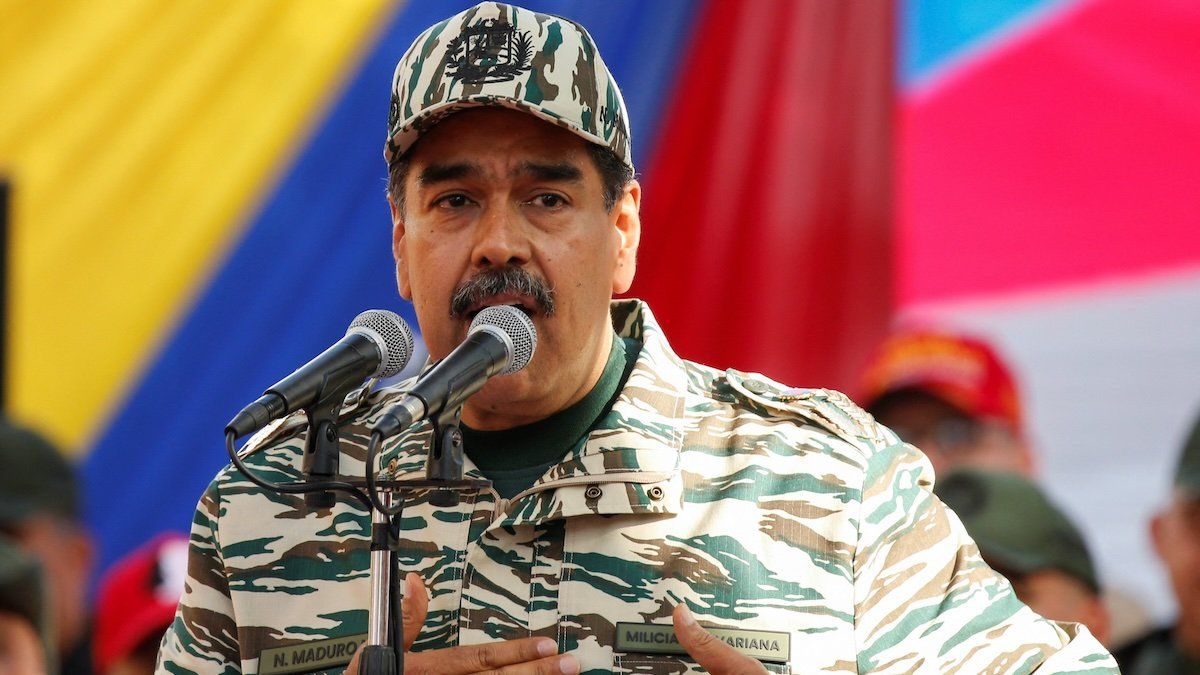The Biden administrationannounced this week it will reimpose oil sector sanctions on Venezuela because President Nicolas Maduro’s government has backed away from a commitment to hold a free and fair presidential election this year.
The US lifted sanctions six months ago, but Maduro’s government has since banned opposition leader Maria Corina Machado from running for president and blocked her chosen replacement from running too.
Now for the asterisk: US oil giant Chevron will be permitted to keep a joint venture with Venezuela’s national oil company. Why? Look at the calendar. Biden’s got an election to win in seven months. Venezuela is a major oil producer, and the US wants to avoid giving oil markets any more reason to worry.
After all, the threat of a wider war in the Middle East is creating oil supply jitters while a rapidly recovering Chinese economy is expected to start guzzling more crude again this year.
So while Joe Biden can no longer pretend Venezuela’s people will have a real choice in their election, with US inflation still stubbornly high, he’s got to make some hard choices about his own — and this is one of them.
